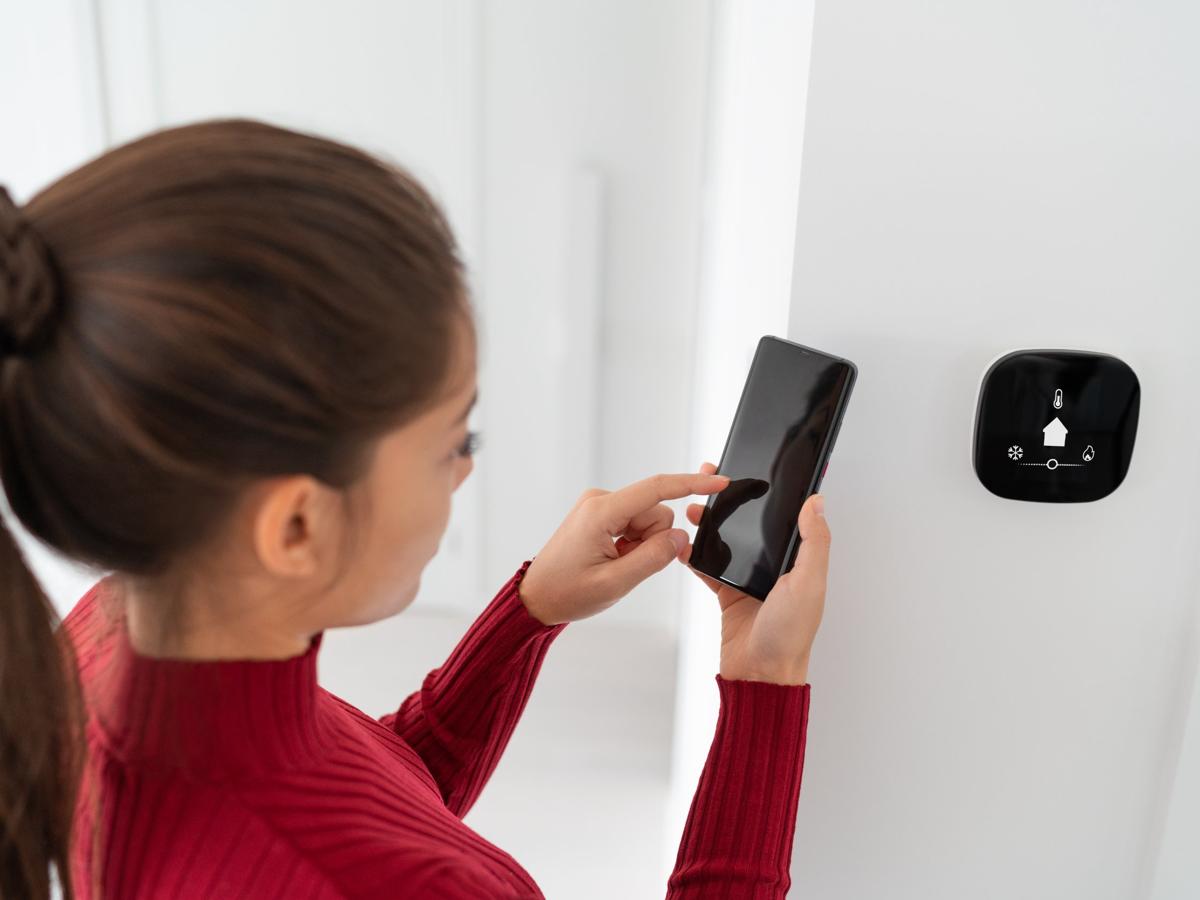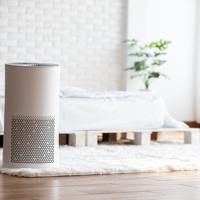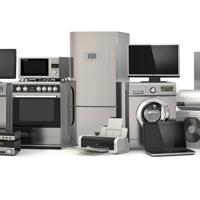In today's fast-paced world, our homes and lifestyles have seen a remarkable transformation thanks to technology. One aspect of this transformation is the increasing focus on sustainability and energy efficiency. At the intersection of these trends are energy-efficient smart devices — tools that help us to live smarter and more responsibly.
The Rise of Smart Devices in Energy Efficiency
As more people recognize the importance of reducing their carbon footprint, energy-efficient smart devices have grown in popularity. These devices are engineered to save energy by optimizing power usage. They often provide the same or better service levels compared to their traditional counterparts, but with a reduced environmental impact.
While some may view these devices as simple conveniences, they are quietly aiding in the global push for more sustainable energy consumption. They offer a subtle shift towards more mindful living, where technology meets the need for efficiency and environmental stewardship.
Common Energy-Efficient Smart Devices
1. Smart Thermostats
Smart thermostats, such as the Nest Learning Thermostat or Ecobee SmartThermostat, offer a convenient way to manage your home’s heating and cooling systems efficiently. These devices learn from your habits and adjust temperatures accordingly, ensuring that energy isn't wasted during off-hours. To learn more about maximizing your savings, check out our guide on programming your smart thermostat. According to a study from the Nest Labs, users can save up to 10-12% on heating bills and about 15% on cooling bills annually when using their device.
2. Smart Lighting
Smart lighting systems, including options from Philips Hue and LIFX, enable meticulous control over your home's lighting environment. These systems allow you to automate lighting schedules, dim lights, and remotely control them through an app. By only using the lighting when necessary, you can effectively manage energy consumption. Learn more about energy savings with smart lighting. LED technology, commonly used in these bulbs, is already more energy-efficient than traditional lighting, and when paired with smart features, enhances efficiency even further.
3. Smart Plugs
Smart plugs are particularly useful for energy conservation. By integrating devices with an Internet of Things (IoT) setup, smart plugs like Wemo Mini and TP-Link Kasa can turn off devices when they are not in use. With features like remote access and scheduled automation, these plugs ensure that no energy is wasted on idle electronics; a simple, yet effective way to optimize energy usage around the home.
4. Smart Appliances
Modern smart appliances prioritize energy use without sacrificing performance. Many appliances, from washing machines to refrigerators, are now built with energy-efficient technology. Brands such as LG and Samsung offer smart washers that adjust water and electricity usage based on load size, which can lead to significant savings over time.
5. Smart Power Strips
A smart power strip is another tool that helps reduce energy consumption. Products like the iDevices Smart Power Strip can detect when devices are in use and cut off electricity when they aren’t. This prevents “phantom load” or the power consumed by electronics when they’re turned off but still plugged in, contributing to decreased electricity costs.
Considerations When Choosing Smart Devices
When selecting energy-efficient smart devices, consider the following:
- Compatibility: Ensure the devices are compatible with your existing systems or smart home ecosystem.
- Return on Investment: Evaluate the energy savings versus the initial investment cost.
- Ease of Use: Choose devices that fit comfortably with your daily routines for hassle-free integration.
- Data Privacy: Be aware of how your user data is used and stored by device manufacturers.
While embracing innovative technology, it’s prudent to research thoroughly and understand the complete spectrum of a device's features. Some users have found that the most significant savings and efficiency come from understanding and customizing device settings to their specific needs.
Conclusion
The appeal of energy-efficient smart devices extends beyond their immediate practicality. They represent a step forward in creating a future where technology and sustainability coexist harmoniously. By adopting these devices, you not only contribute to a greener planet but may also enjoy financial savings and improved home comfort.
As technology continues to evolve, we may see more refined and tailored energy-efficient solutions. If you're considering stepping into the world of smart technology, it can be helpful to explore and experiment with different devices to find what suits your lifestyle the best.
Ultimately, these devices signify a humble yet spirited attempt to reconcile modern living with our responsibility towards the environment. They represent a step forward in sustainable tech.




